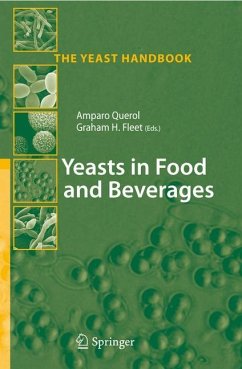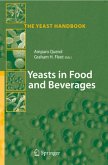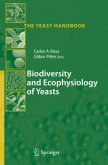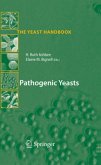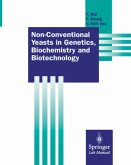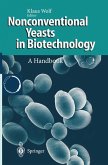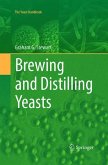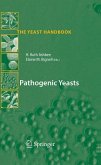As a group of microorganisms, yeasts have an enormous impact on food and bev- age production. Scientific and technological understanding of their roles in this p- duction began to emerge in the mid-1800s, starting with the pioneering studies of Pasteur in France and Hansen in Denmark on the microbiology of beer and wine fermentations. Since that time, researchers throughout the world have been engaged in a fascinating journey of discovery and development - learning about the great diversity of food and beverage commodities that are produced or impacted by yeast activity, about the diversity of yeast species associated with these activities, and about the diversity of biochemical, physiological and molecular mechanisms that underpin the many roles of yeasts in food and beverage production. Many excellent books have now been published on yeasts in food and beverage production, and it is reasonable to ask the question - why another book? There are two different approaches to describe and understand the role of yeasts in food and beverage production. One approach is to focus on the commodity and the technology of its processing (e. g. wine fermentation, fermentation of bakery products), and this is the direction that most books on food and beverage yeasts have taken, to date. A second approach is to focus on the yeasts, themselves, and their bi- ogy in the context of food and beverage habitats.
Bitte wählen Sie Ihr Anliegen aus.
Rechnungen
Retourenschein anfordern
Bestellstatus
Storno

